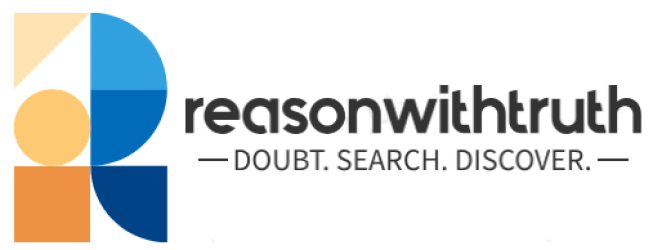Stewardship of Compassion and Social Responsibility
In a world where “hustle culture” is glorified and success is measured by material wealth, it’s easy to overlook the poor. Some people think:
- “If they worked harder, they wouldn’t be poor.”
- “God helps those who help themselves.”
- “I have my own problems to worry about.”
But what does God think about all this?
Should Christians actively care for the poor, or is it just a nice thing to do when we have extra money?
Let’s get into it.
1. God’s Heart for the Poor
If you read the Bible and somehow miss God’s concern for the poor, you might need to read it again.
From Genesis to Revelation, God repeatedly calls His people to care for the weak, defend the oppressed, and provide for those in need.
Here are just a few examples:
- Proverbs 19:17 – “Whoever is kind to the poor lends to the Lord, and He will reward them for what they have done.”
- Isaiah 1:17 – “Learn to do right; seek justice. Defend the oppressed. Take up the cause of the fatherless; plead the case of the widow.”
- James 1:27 – “Religion that God our Father accepts as pure and faultless is this: to look after orphans and widows in their distress.”
Caring for the poor isn’t charity. It’s obedience.
It’s not about giving leftovers. It’s about stewarding resources the way God intends.
2. The Poor Aren’t Just “Them”—They’re Us
It’s easy to think of the poor as some distant group of people, but the reality is:
- Poverty isn’t just a lack of money—it can be a lack of opportunity, support, or education.
- Many people are one financial crisis away from struggling.
- Some are born into hard circumstances they didn’t choose.
Jesus Himself was not rich on earth.
- He was born in a manger.
- He had no home during His ministry.
- He relied on the generosity of others.
If Jesus lived humbly and cared for the poor, why should we do any less?
3. Excuses Christians Use to Avoid Helping the Poor
Many Christians say they care about the poor in theory but avoid responsibility in practice.
Here are some common excuses:
A. “The Poor Are Lazy. They Should Work Harder.”
While it’s true that hard work is valuable, it’s also true that:
✔ Some people work hard but earn very little.
✔ Some are trapped in cycles of generational poverty.
✔ Some have disabilities, illnesses, or struggles that limit opportunities.
Not everyone has the same starting point in life.
Jesus didn’t say, “Help only those who deserve it.”
He said, “Love your neighbor.”
B. “I Don’t Have Enough Money to Help.”
Caring for the poor isn’t just about money.
✔ You can give your time—volunteer at shelters, mentor, or support struggling families.
✔ You can use your skills—teach job skills, offer legal help, or train people.
✔ You can be a voice—advocate for policies that help the marginalized.
Compassion is about using whatever you have to make a difference.
C. “God Will Take Care of Them.”
Yes, God provides—but He often provides through people.
What if you are the answer to someone’s prayer?
- That single mother struggling to buy food? You could be the one to help.
- That unemployed father searching for a job? Your connection could be the breakthrough.
- That orphan with no one to care for them? Your kindness could change their future.
God’s provision flows through His people.
4. What Does Stewardship of Compassion Look Like?
Being a good steward isn’t just about managing money—it’s about managing your heart.
✔ Give Freely: Help without expecting anything in return.
✔ Give Wisely: Support initiatives that create long-term impact.
✔ Give Relationally: Don’t just donate—build relationships with those in need.
✔ Give Consistently: Make generosity a lifestyle, not just a holiday activity.
You don’t have to change the whole world.
But you can change someone’s world.
Final Thought: We Are God’s Hands and Feet
The early church stood out because of their radical generosity. They:
- Shared everything so that no one lacked (Acts 4:32-35).
- Cared for widows and orphans (James 1:27).
- Saw the poor as family, not strangers.
Jesus didn’t ignore the poor.
He didn’t just preach at them—He loved them.
And if we are truly His followers, we must do the same.
So, why should Christians care about the poor?
Because God does. And if His heart beats for them, ours should too.



